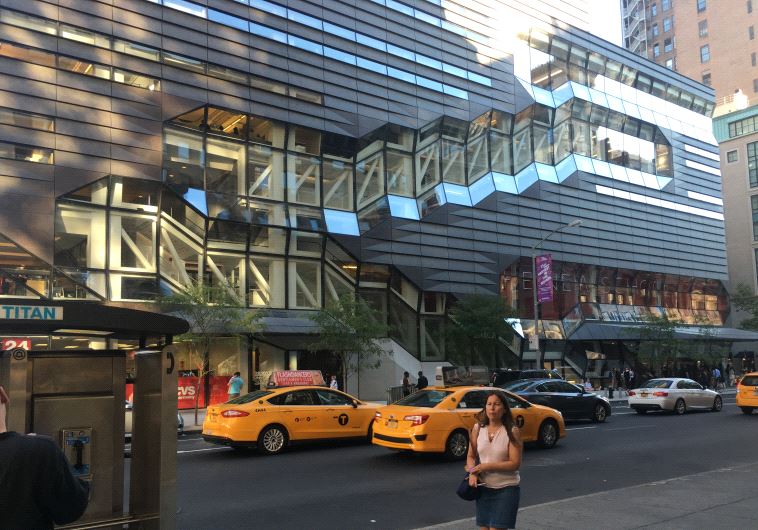Jewish college freshmen prepared to defend Israel on campus
In New York alone, multiple incidents in which Jewish students were harassed by pro-Palestinian groups have been recorded since the beginning of 2016.
 The New School in New York City. (photo credit: DANIELLE ZIRI)Updated:
The New School in New York City. (photo credit: DANIELLE ZIRI)Updated: